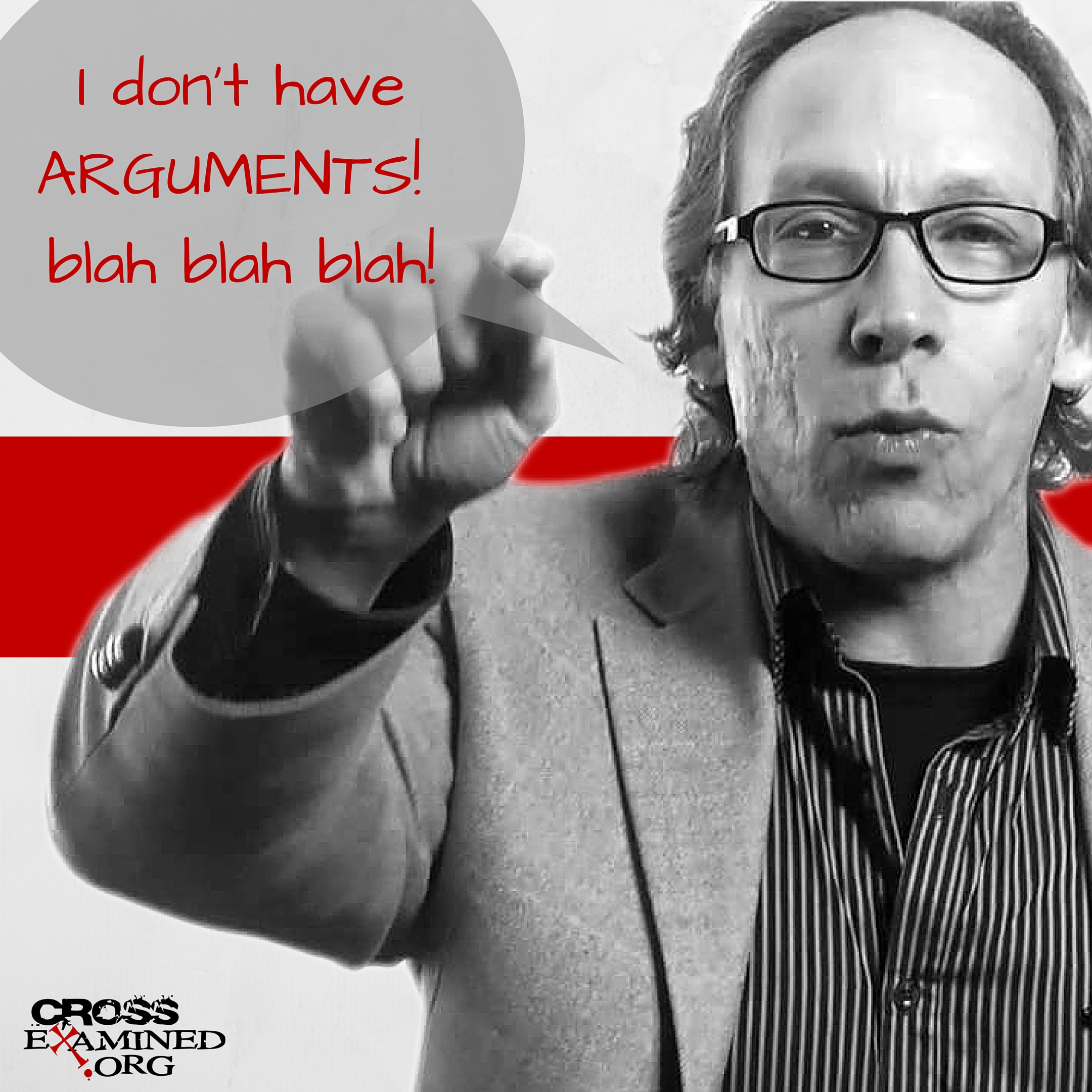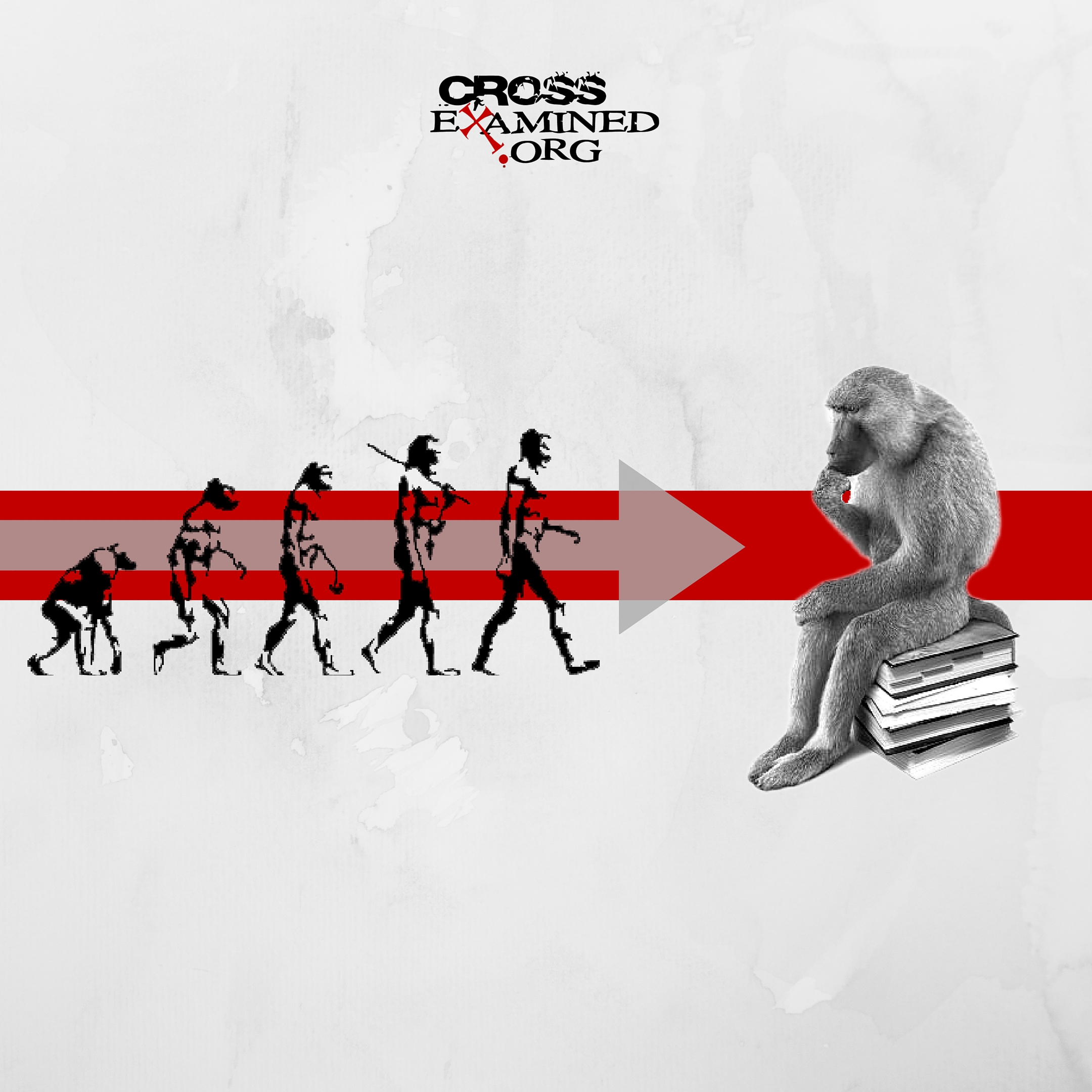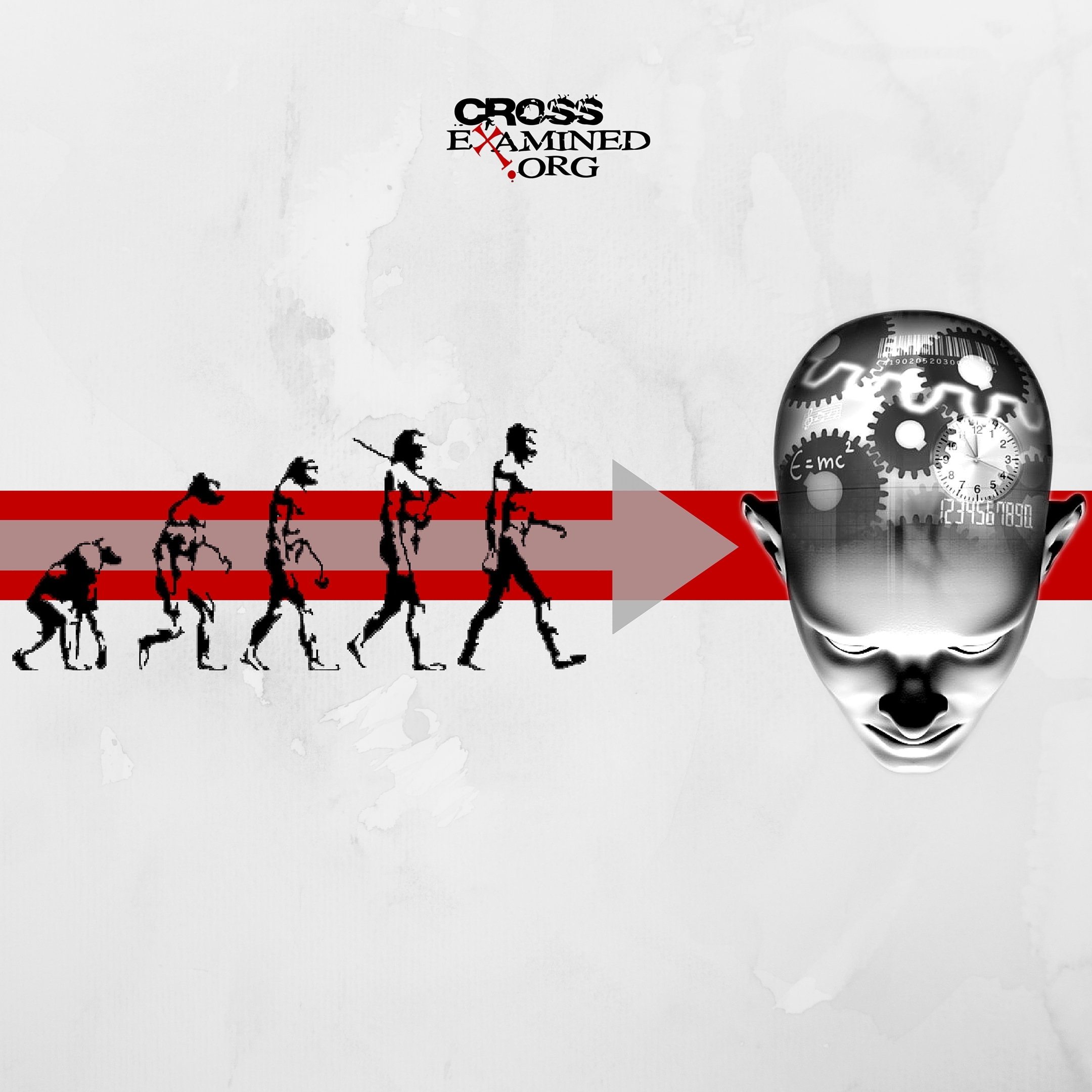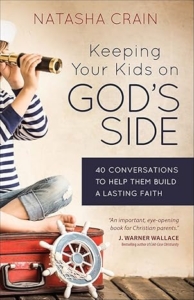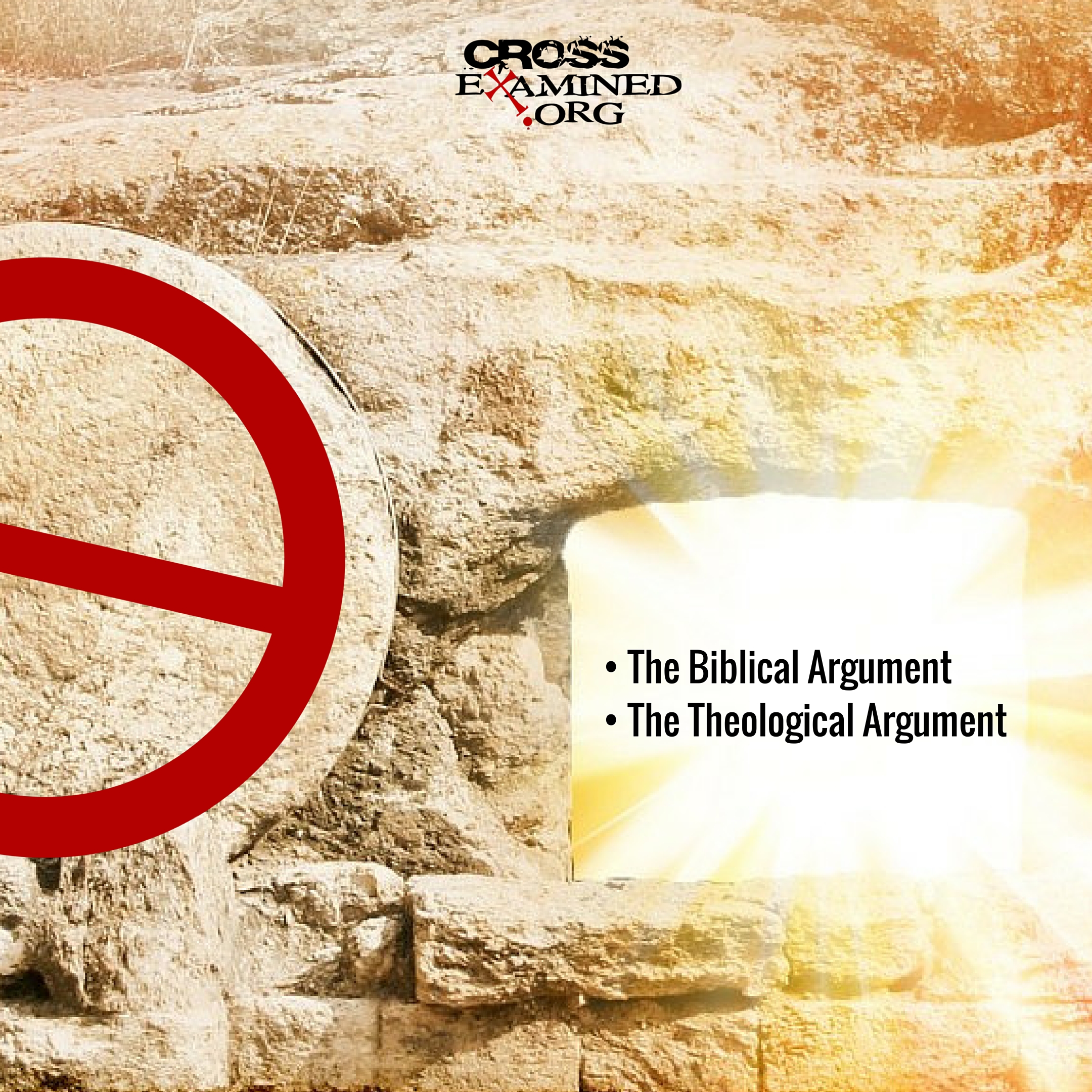The Wisdom Chronicle is designed to bring nuggets of wisdom from the dozens of books I read every year. I endeavor to share the best of what I have gleaned. The determination of relevance lies with you. Blessings, J. Whiddon
- CHRISTIAN REASON “The God of the Bible requires teachers who diligently study His Word and handle it accurately (compare 2 Timothy 2:15 and 1 Timothy 4:15-16). He demands of His evangelists that they give rational justification to questioners who ask them why they believe as they do (1 Peter 3:15). On one occasion His chief apostle, Paul, emphasized that his gospel preaching was by way of “words of sober truth” (Acts 26:25, nasb) when Festus charged that his great learning was driving him mad (Acts 26:24). No anti-intellectualism here! By contrast, the monistic religions of the East promote gurus who offer koans, paradoxes like the sound of one hand clapping, upon which to meditate in order to free the devotee from dependence on reason and enable him to escape the laws of logic. The Buddhist is to leave his mind behind, but the Christian God requires transformation by way of the mind’s renewal (Romans 12:1-2).
Is it any wonder that we Christians started the first universities and have planted schools and colleges everywhere our missionaries have gone? Is it any wonder that science began in Christian Europe because of the belief that the same rational God who made the human mind also created the world so the mind would be suited to discern the world’s rational structure placed there by God?”
Excerpt From: Moreland, J.P. “Love Your God with All Your Mind.”
- STORMS “The difference between the wise and foolish builder isn’t that one has storms and the other doesn’t. They both have storms.
The difference between the wise and foolish builder isn’t that one knows the words of Jesus and the other doesn’t. They both hear His words.
The difference between the wise and foolish builder isn’t that one is a church member and the other isn’t.
The difference between the wise and foolish builder isn’t that one has correct doctrine and the other doesn’t.
Be wise.”
The difference between the wise and foolish builder is that one hears and practices the words of Jesus while the other only hears.
— Chris Seidman, The Branch Church
- STRESS “What kinds of pressures can trigger overwhelming stress? The greatest stressors of life have been enumerated in a life-events monitoring list known as the Holmes-Rahe Social Readjustment Scale. The stressful events include, in descending order of impact on the individual, the following: death of a spouse; divorce; separation from a living partner; a jail term; death of a close family member; a serious personal injury; being fired from a job; and retirement. Also, marriage and menopause may be included toward the top of this list.”
Excerpt From: Kenneth Cooper, M.D., MPH & Tyler Cooper, M.D., MPH. “Start Strong, Finish Strong.”
- SELF-MADE MAN “A man brought his boss home for dinner for the first time. The boss was very blustery, very arrogant, very dominating! The little boy in the family stared at his father’s boss for most of the evening, but did not say anything. Finally, the boss asked the little boy, “Why do you keep looking at me like that, Sonny?” The little boy answered, “My daddy says you are a self-made man.” The boss beamed and proudly admitted that indeed he was a self-made man. The little boy said, “Well, if you are a self-made man, why did you make yourself like that?”
Excerpt From: Hodgin, Michael. “1001 Humorous Illustrations for Public Speaking.”
- PATIENCE
“In any contest between power and patience, bet on patience.”
—W. B. PRESCOTT
“Patience is the ability to put up with people you’d like to put down.”
—ULRIKE RUFFERT
“Patience is something you admire in the driver behind you and scorn in the one ahead.”
—MAC MCCLEARY
“There’s a fine line between fishing and standing on the shore like an idiot.”
—STEVEN WRIGHT
“Regardless of how much patience we have, we would prefer never to use any of it.”
—JAMES T. O’BRIEN”
- EDUCATION “A study of twenty-four leaders of the Einsatzgruppen (the mobile killing units that murdered more than a million and a half Jews prior to the use of gas chambers) indicated that the majority were highly educated professionals: “One of the most striking things … is the prevalence of educated people, professionals, especially lawyers, Ph.D.s …”
But there are also many highly moral uneducated people. In other words, there is no link between having a good education and being a good person. This should come as sobering news to the large number of parents who view education as the most important value in their children’s lives. But to become a good person, modern secular education is largely irrelevant. Given the moral relativism and hostility to religious morality that characterize contemporary higher education, it is frequently a handicap.”
Excerpt From: Prager, Dennis. “Think a Second Time.”
- REGRET “To the extent that decisions to act—decisions to change the status quo—impart a higher level of responsibility than decisions to do nothing, people are averse to sticking their necks out and setting themselves up for feelings of regret.
“Regret aversion” is at the root of costly conventional wisdom among test takers: the idea that you shouldn’t change a doubted answer because your first instinct is usually correct. That’s what 75 percent of students at the University of Illinois at Urbana-Champaign thought a few years back …. [But they] examined the test results of those students and found that when they changed an answer, it was more often than not the smart move: Half the time the first answer was wrong and the second answer was correct, and in only 25 percent of switches did students go from correct to wrong answer. So why do most people think changing is bad? Related experiments showed that students felt the pain of switching to a wrong answer more than answering incorrectly and staying put. Such “counterfactual thinking”–aka “if only…” thinking—is more memorable for most people than a successful answer change, and thus a major contributor to regret aversion. But you heard it here first: When in doubt, change your answer.”
Excerpt From: Belsky, Gary. “Why Smart People Make Big Money Mistakes and How to Correct Them.”
- INFLUENCES “Just as you have a familial genealogy, you also have a genealogy of ideas. You don’t get to pick your family, but you can pick your teachers and you can pick your friends and you can pick the music you listen to and you can pick the books you read and you can pick the movies you see.
You are, in fact, a mashup of what you choose to let into your life. You are the sum of your influences. The German writer Goethe said, “We are shaped and fashioned by what we love.” Excerpt From: Kleon, Austin. “Steal Like an Artist.”
949. LOVE “Real love for people is a decision, a choice. It shapes our feelings but doesn’t depend on them. It chooses to value and add value to another person simply because of his or her intrinsic worth as a human being. It desires the best and does what is best for another person, even when that person is neither lovable nor demonstrating merit to be loved. It’s not conditional; it’s relational. It’s not about taking, but giving. It’s not about consuming from others for our benefit, but investing in them for their benefit. Finding and adopting this value system is essential for overcoming every blitz you will ever face.”
Excerpt From: Kemp, Jeff. “Facing the Blitz.”
- USE OBSCURITY “Most of the world doesn’t necessarily care about what you think. It sounds harsh, but it’s true. As the writer Steven Pressfield says, “It’s not that people are mean or cruel, they’re just busy.”
This is actually a good thing, because you want attention only after you’re doing really good work. There’s no pressure when you’re unknown. You can do what you want. Experiment. Do things just for the fun of it. When you’re unknown, there’s nothing to distract you from getting better. No public image to manage. No huge paycheck on the line. No stockholders. No e-mails from your agent. No hangers-on.
You’ll never get that freedom back again once people start paying you attention, and especially not once they start paying you money.”
Excerpt From: Kleon, Austin. “Steal Like an Artist.”





